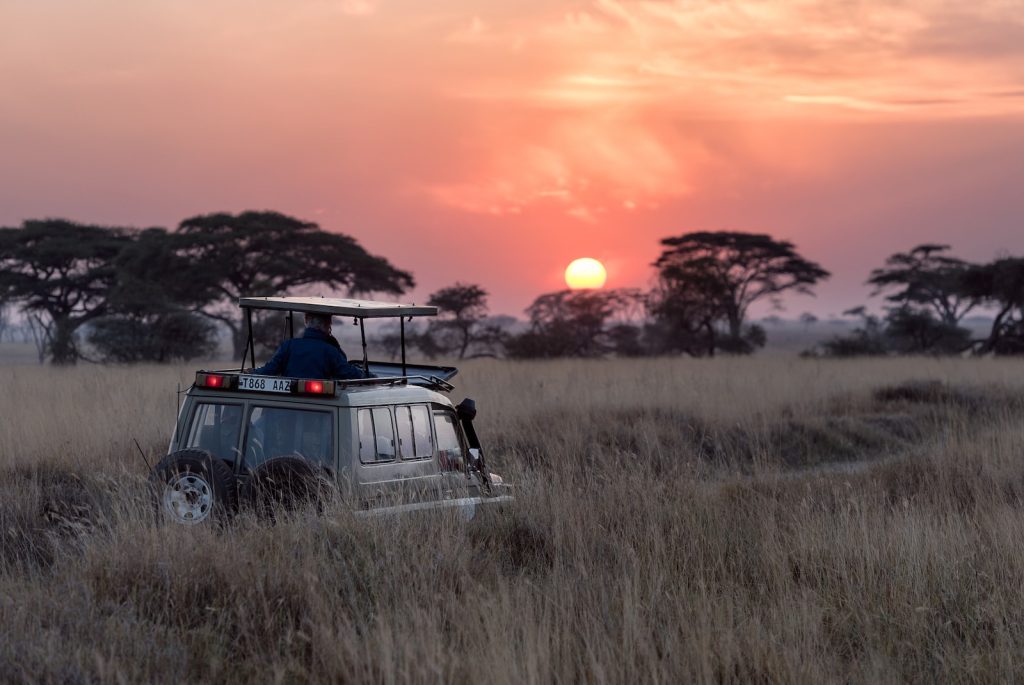Overland expeditions are one of the most immersive ways to experience the African continent. These journeys, which can last from a few days to several months, offer travelers the chance to witness an array of landscapes and cultures, from arid deserts and lush rainforests to vibrant cities and remote villages. Riding in specially-equipped vehicles or traditional safari jeeps, travelers become a part of the landscapes they traverse.

Route Planning and Key Destinations
Planning an overland expedition requires careful consideration of the route and destinations. Popular routes include the Cairo to Cape Town route, traversing the length of the continent, and the Dakar to Djibouti route, crossing the breadth of Africa. Alternatively, East Africa’s “safari circuit” explores Kenya and Tanzania’s wildlife reserves, while a Southern Africa loop could include Namibia’s deserts, Botswana’s Okavango Delta, Zimbabwe’s Victoria Falls, and South Africa’s beautiful coastline.
Vehicles and Equipment
The right vehicle is crucial for a successful overland expedition. Four-wheel-drive vehicles equipped with roof tents or off-road camper vans are common choices. These vehicles are often equipped with long-range fuel tanks, water purifiers, cooking equipment, and recovery gear for self-sufficiency. It’s essential to have spare parts and the knowledge to make basic vehicle repairs.
Life on the Road: Camps and Communities
Overland expeditions often involve camping in both established campsites and wild camps. This means you’ll fall asleep to the sounds of nature and wake up to breathtaking landscapes right outside your tent. A sense of camaraderie develops among overland travelers, often leading to impromptu potluck dinners, shared stories around campfires, and the formation of long-lasting friendships.
The Wildlife Experience
One of the highlights of an African overland expedition is the opportunity to witness the continent’s incredible wildlife. From the Great Migration in the Serengeti to the countless elephants in Chobe National Park, these wildlife encounters can be exhilarating. Some expeditions also include walking safaris, boat cruises, or canoe trips for varied wildlife viewing experiences.
Interaction with Local Cultures
Overland travel provides countless opportunities to interact with local cultures. These can range from visits to Maasai villages in East Africa or Himba communities in Namibia to bustling markets in Moroccan cities. Engaging with the locals offers a more profound understanding of the countries you traverse, creating memories that will last a lifetime.
Challenges and Rewards
Overland expeditions are not without challenges. Road conditions can be tough, border crossings can be complicated, and mechanical breakdowns can happen. Yet, it’s overcoming these challenges that often leads to the most rewarding experiences, creating a sense of achievement and adventure that standard tours can rarely match.
Conservation and Responsible Travel
While embarking on an overland expedition, it’s essential to travel responsibly. This involves respecting local cultures, protecting the environment, and supporting conservation efforts. For instance, maintaining a safe distance from wildlife, sticking to established tracks to prevent soil erosion, and ensuring all waste is properly disposed of are key aspects of responsible overland travel.
In essence, overland expeditions offer an unrivaled adventure, immersing travelers in Africa’s diverse landscapes, cultures, and wildlife. They embody the essence of exploration, promising an unforgettable journey through the heart of this mesmerizing continent.
